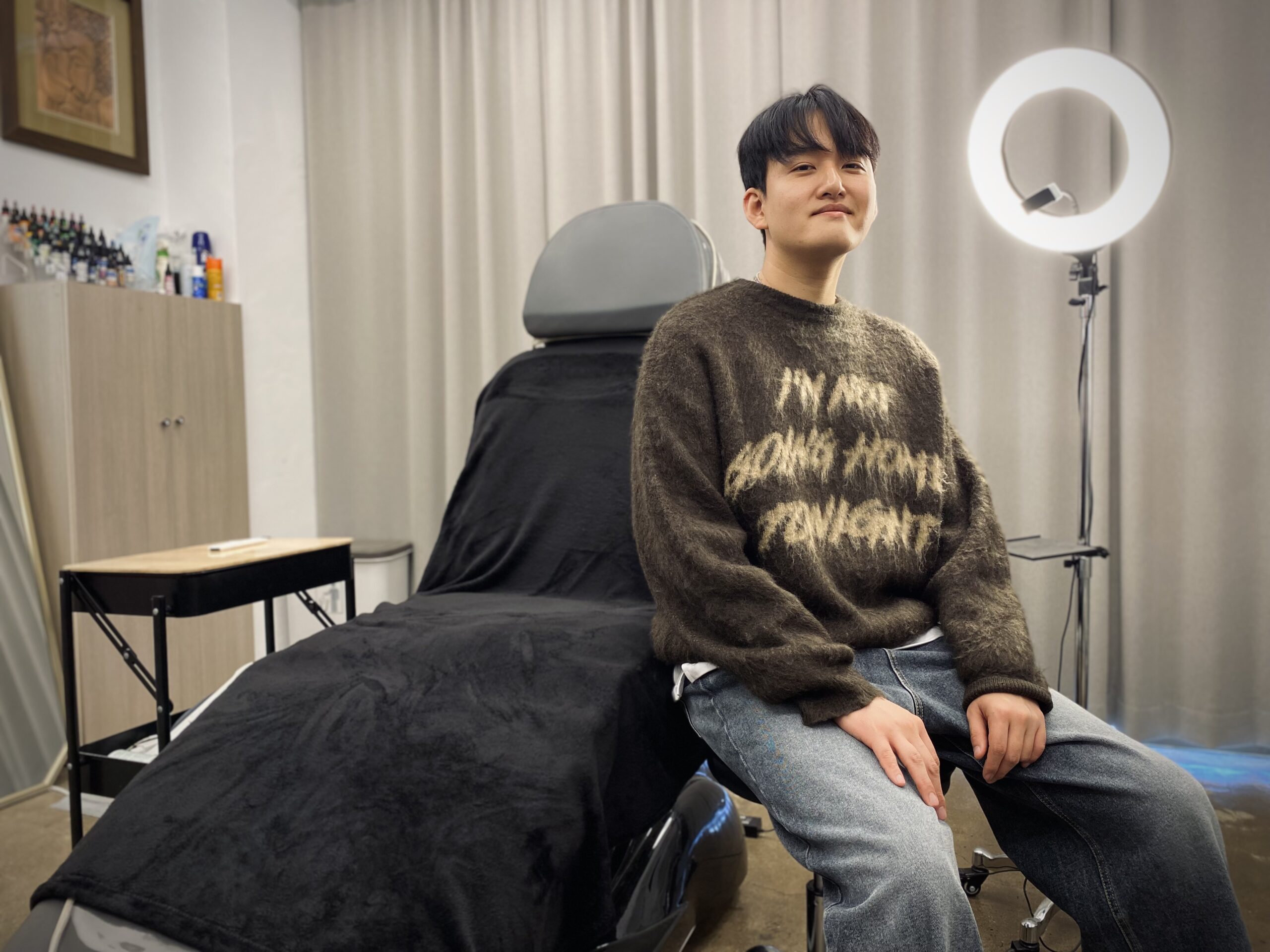Gwangju Biennale: Round Table Round up
Every year for about nine weeks in the autumn Gwangju lives up to its name as the “City of art and culture” when the biennale rolls into town. Here’s a story about Biennale 2012.






Every year for about nine weeks in the autumn Gwangju lives up to its name as the “City of art and culture” when the biennale rolls into town. Here’s a story about Biennale 2012.
But let us not introduce him as some stranger, for he is Gwangju News’ own monthly contributor of translated poetry, none other than Dr. Chae-pyong Song himself.
When someone like political activist Kim Geun-tae dies, they recognize his face and name, most can’t quite place who he is or what he did.
In the past, Korea was often referred to as the ‘Hermit Kingdom’ because of its rather insular and inward-looking tendency to avoid involvement in the world beyond its own borders. But, just like a child grown to maturity, nicknames are often outgrown.
Yi So-yeon was born in Gwangju and spent the first 15 years of her life living among the people of the city. When she began studying at Gwangju Science High School, she also began nurturing what has been a life-long passion for science and learning.
Gwangju News had a rare opportunity to sit down with Robert Goodland, former environmental advisor to the World Bank for 23 years.
Way back in the 1950s and 1960s, Professor Shin had the courage or the audacity, if you will, to teach English through English. He didn’t mind ending up as the laughing stock of his English-teaching colleagues on campus. He didn’t fear at all to go where none of them had dared to go before.
Gwangju’s mayor, Kang Un-tae, who was elected in 2010 and will serve until 2014, shares his experience and network from previous elected positions as mayor of Suncheon (‘89-‘90), mayor of Gwangju (‘94-‘95), minister of Internal Affairs (’97), and as a member of the National Assembly (’00 and ’08).